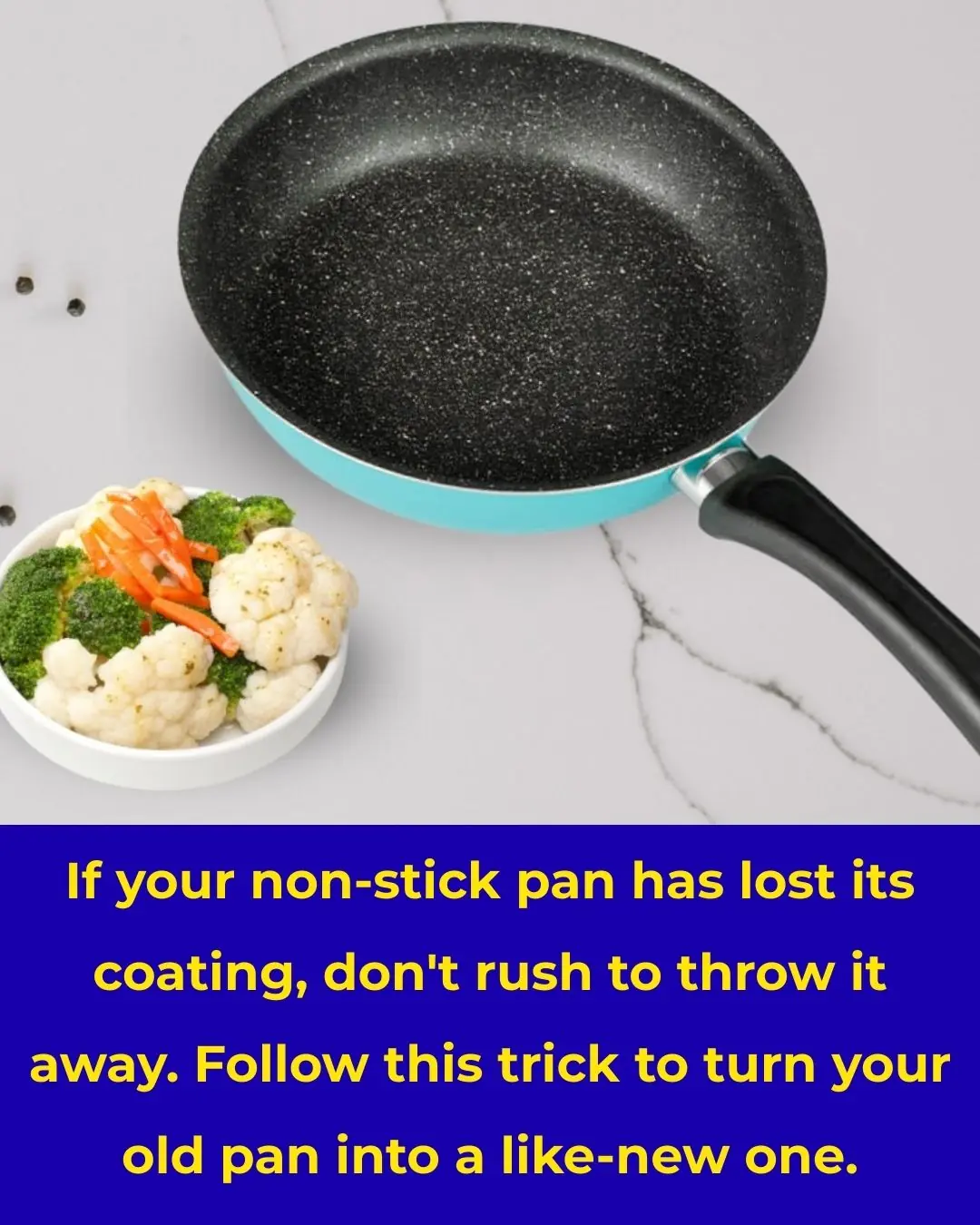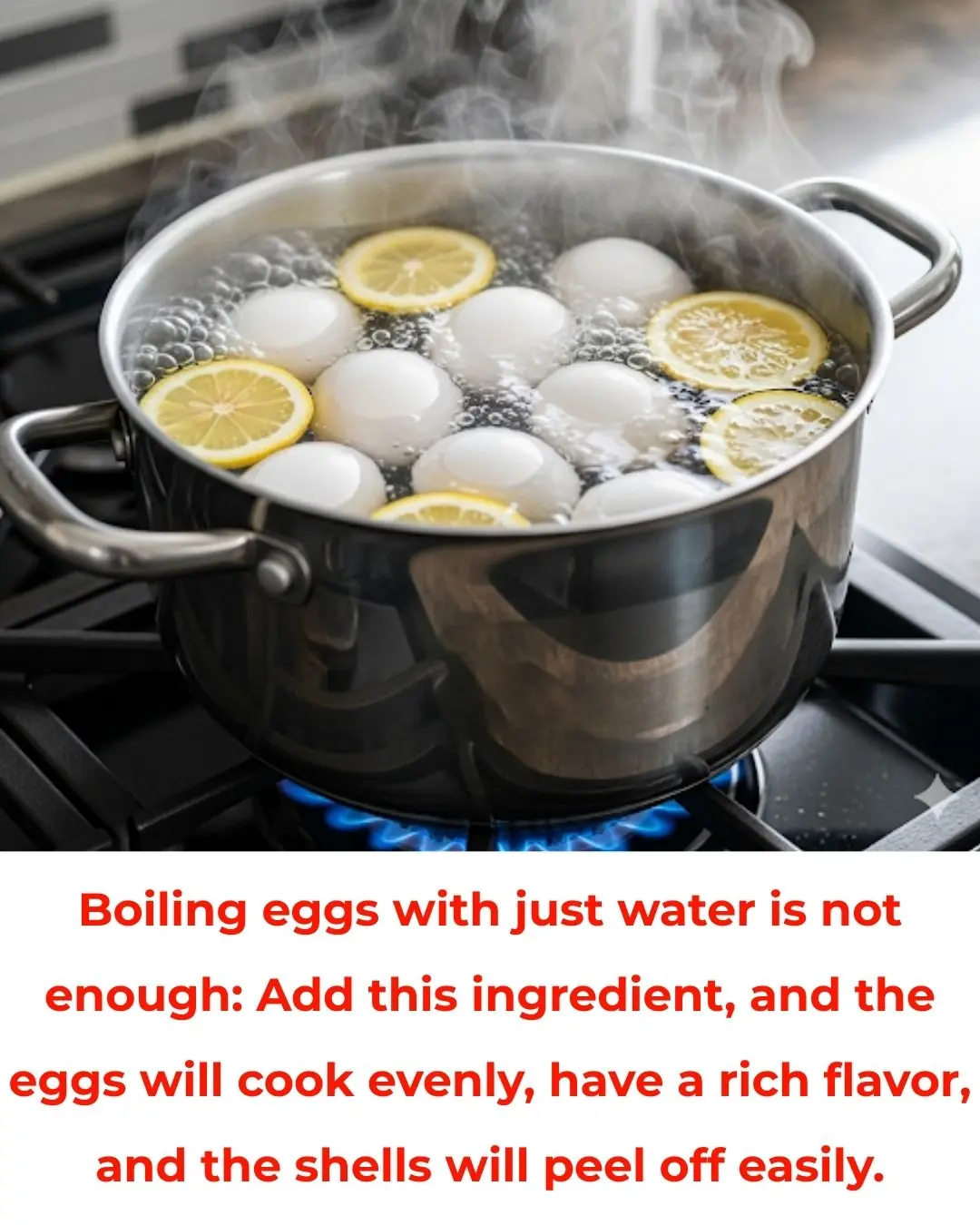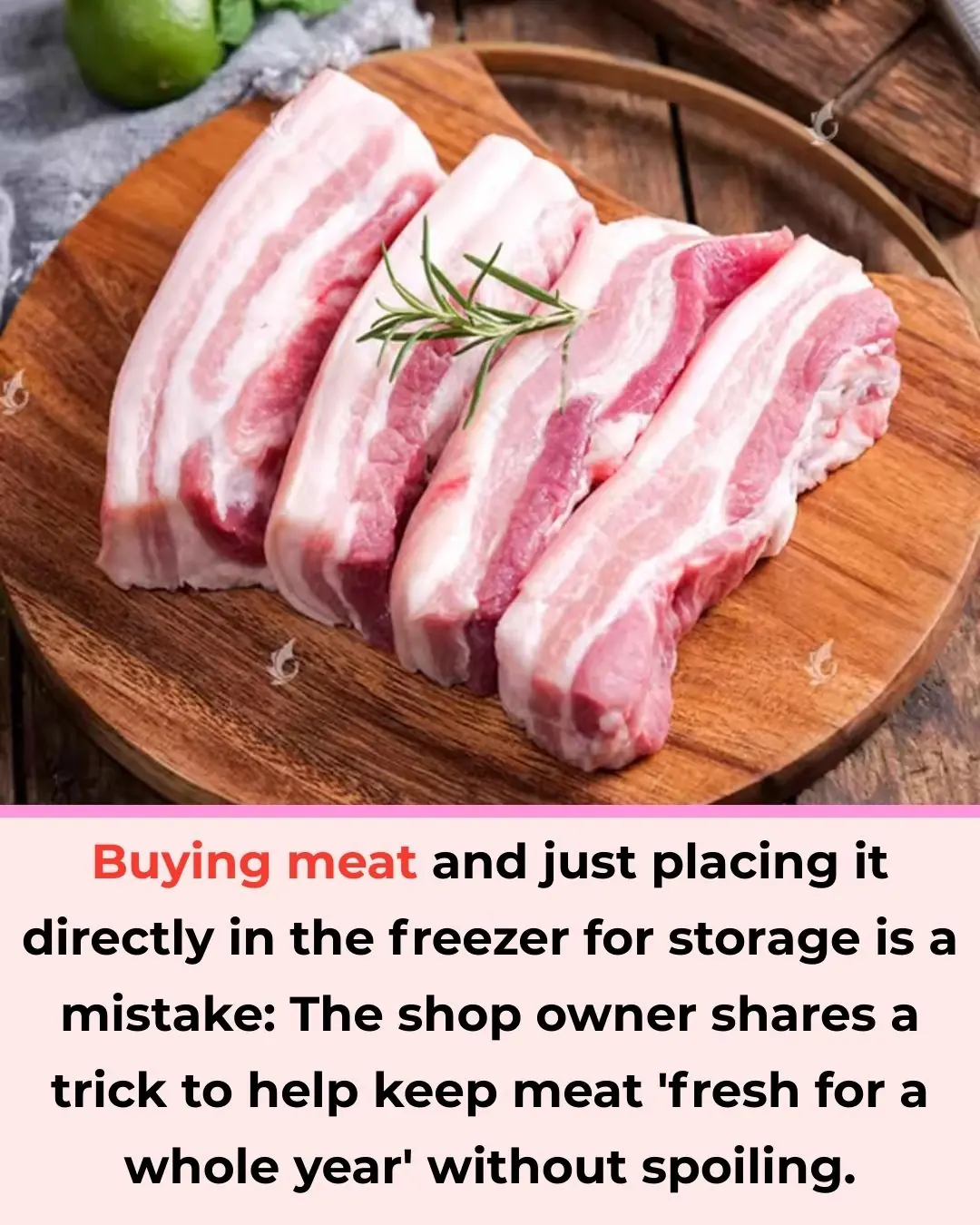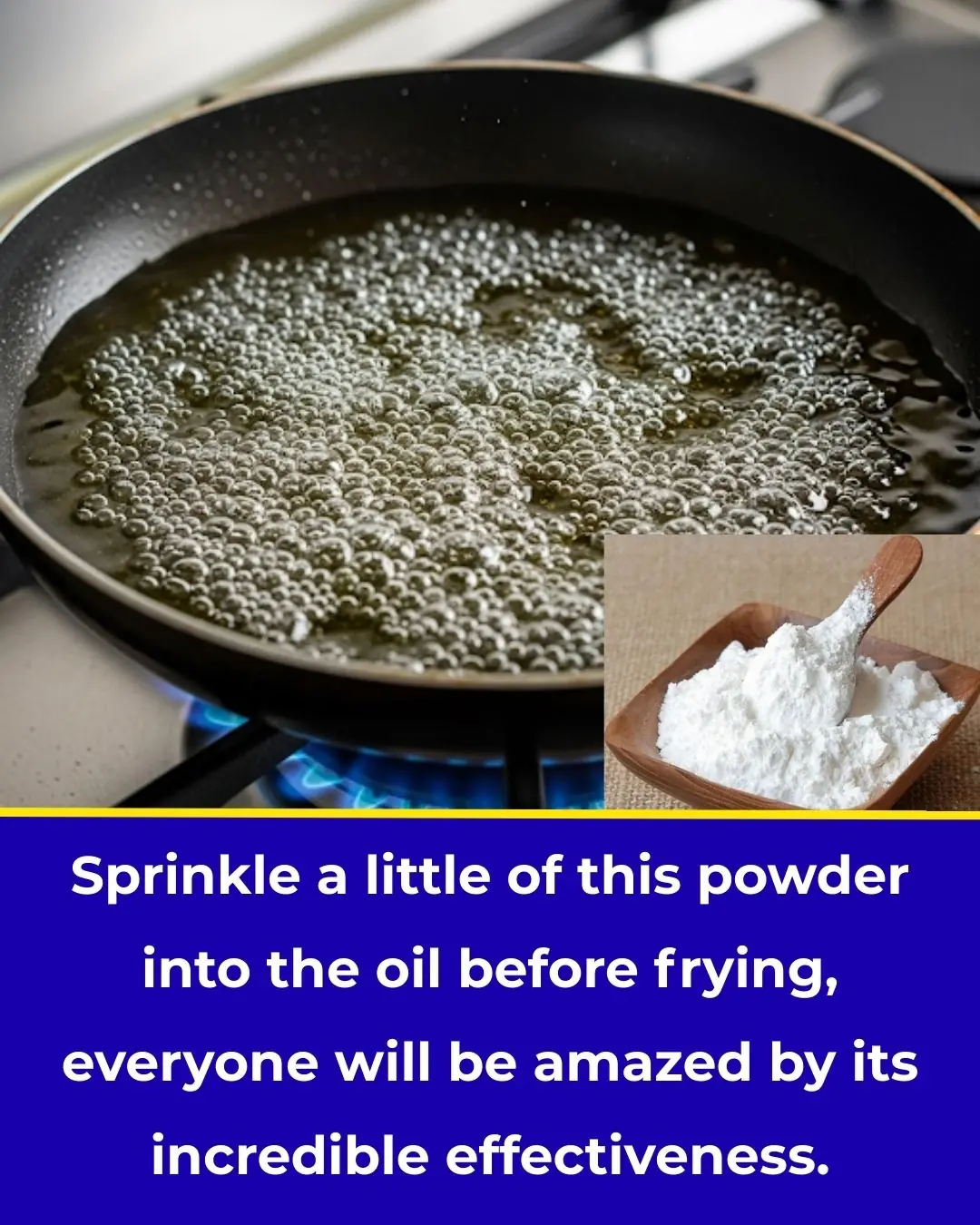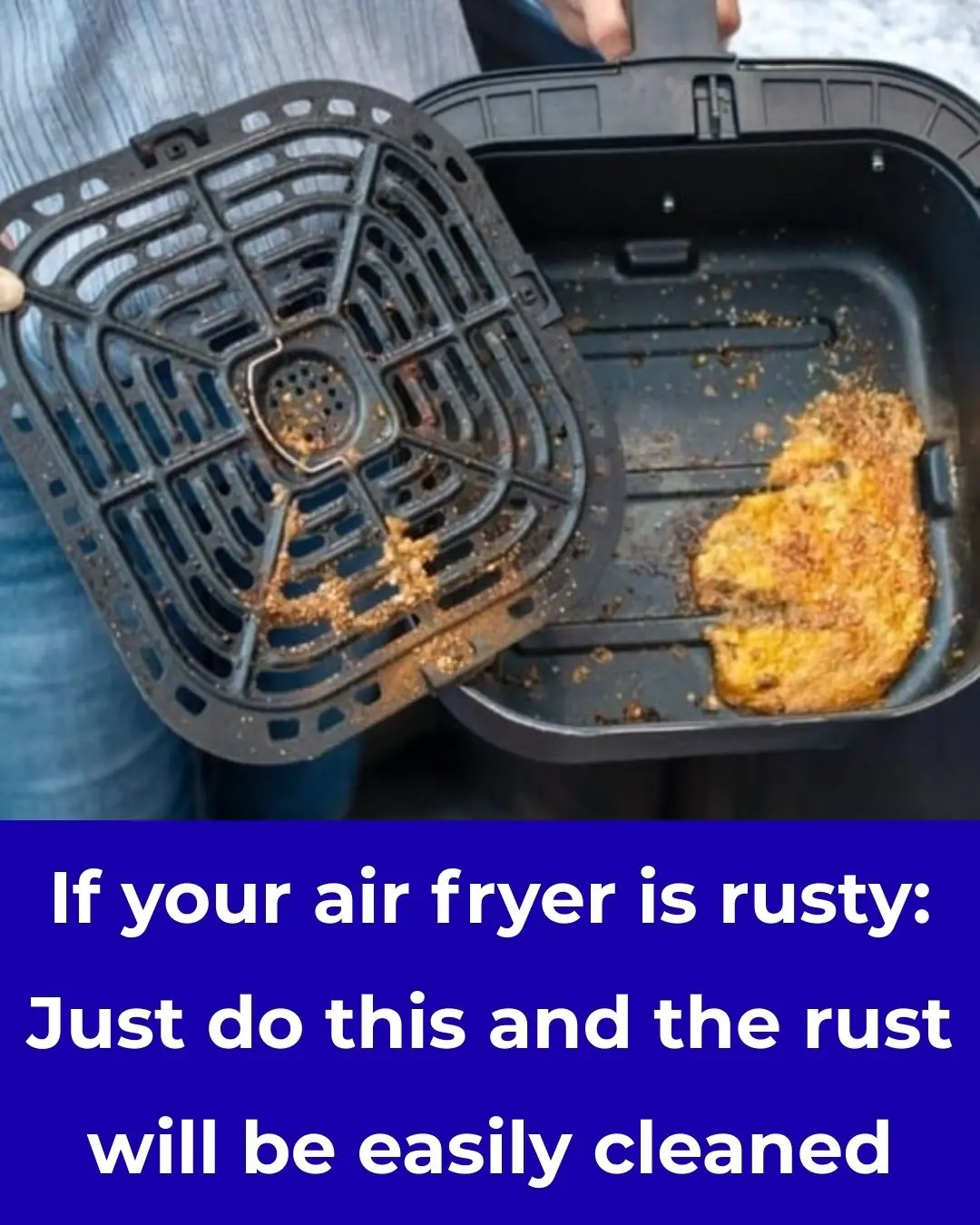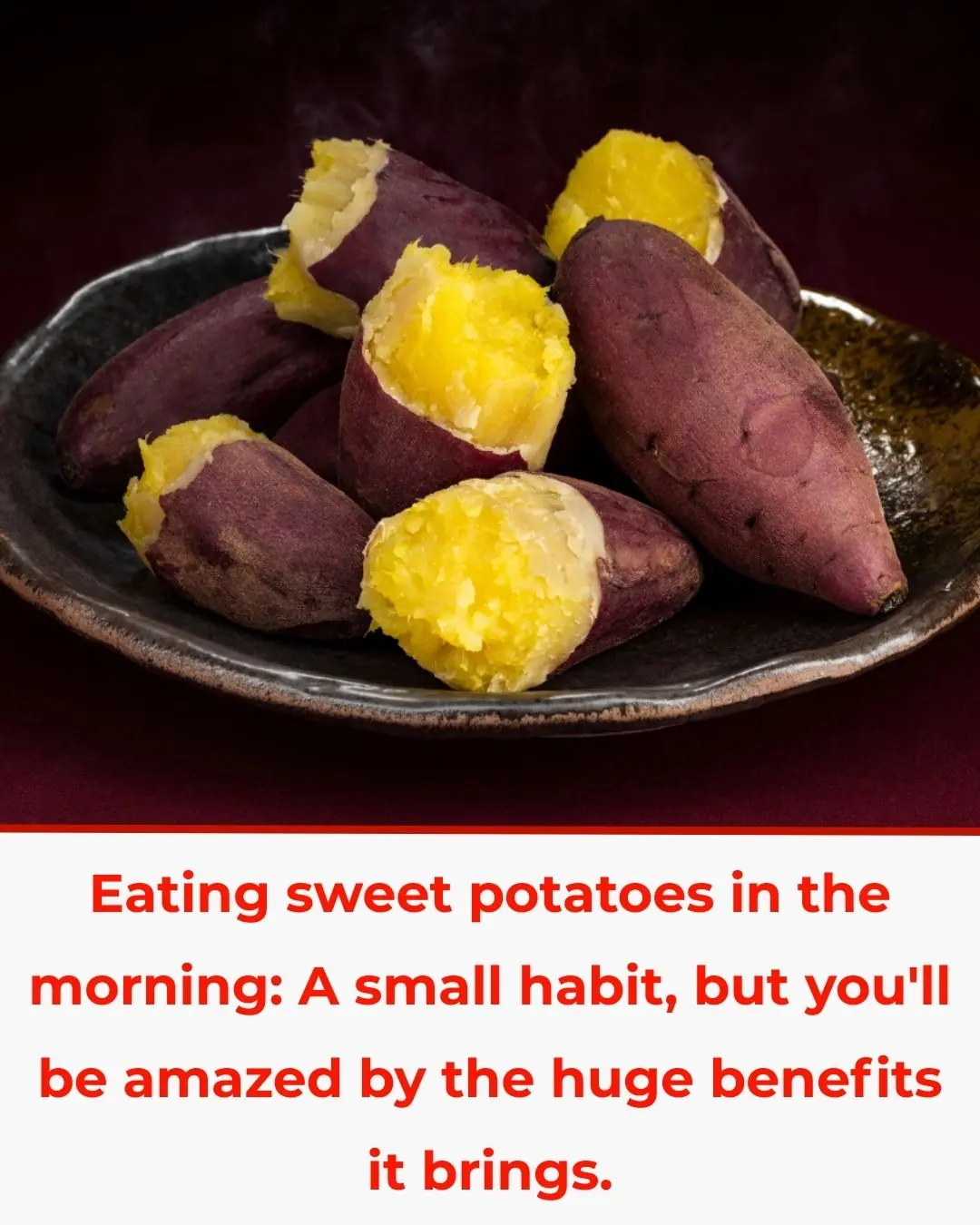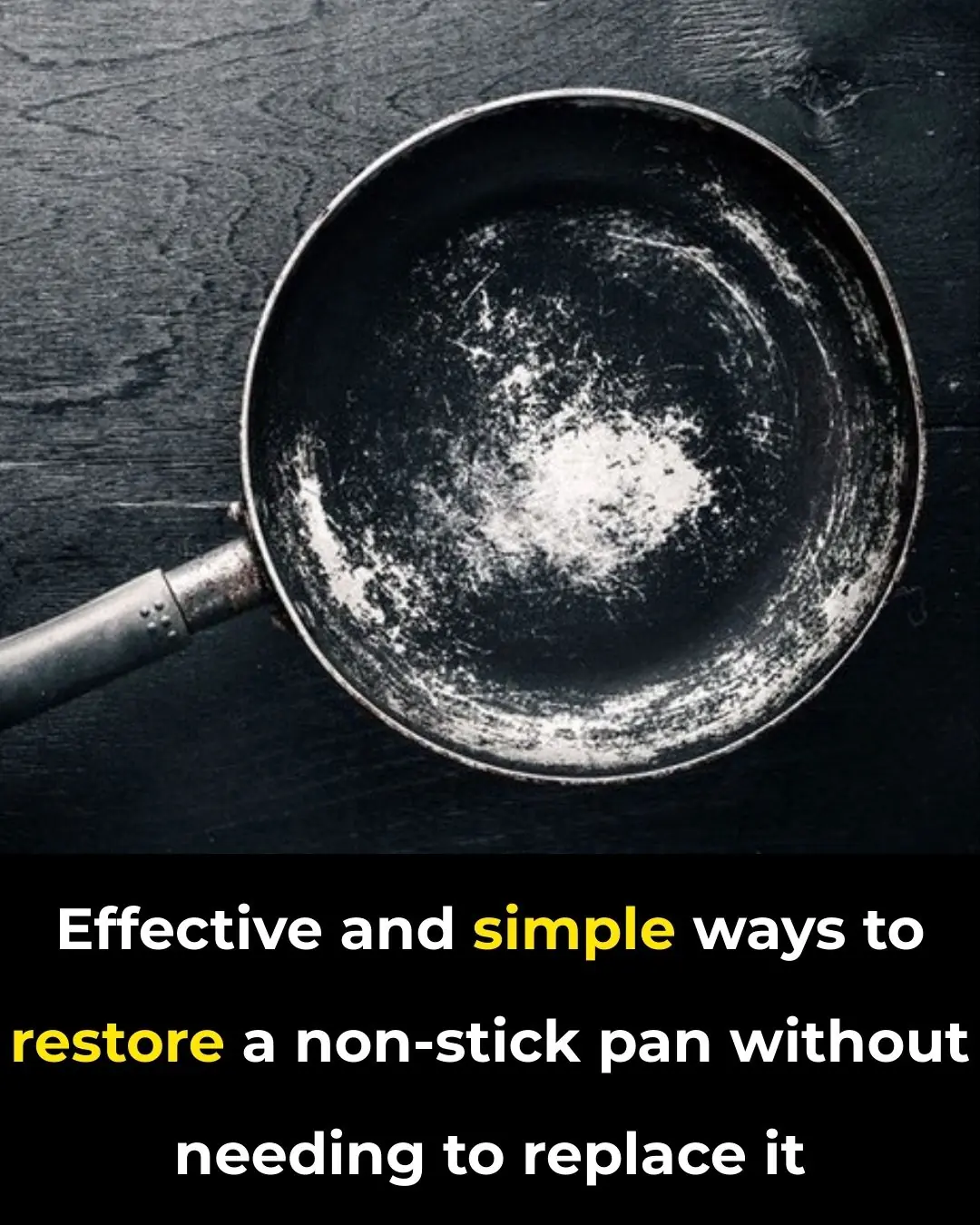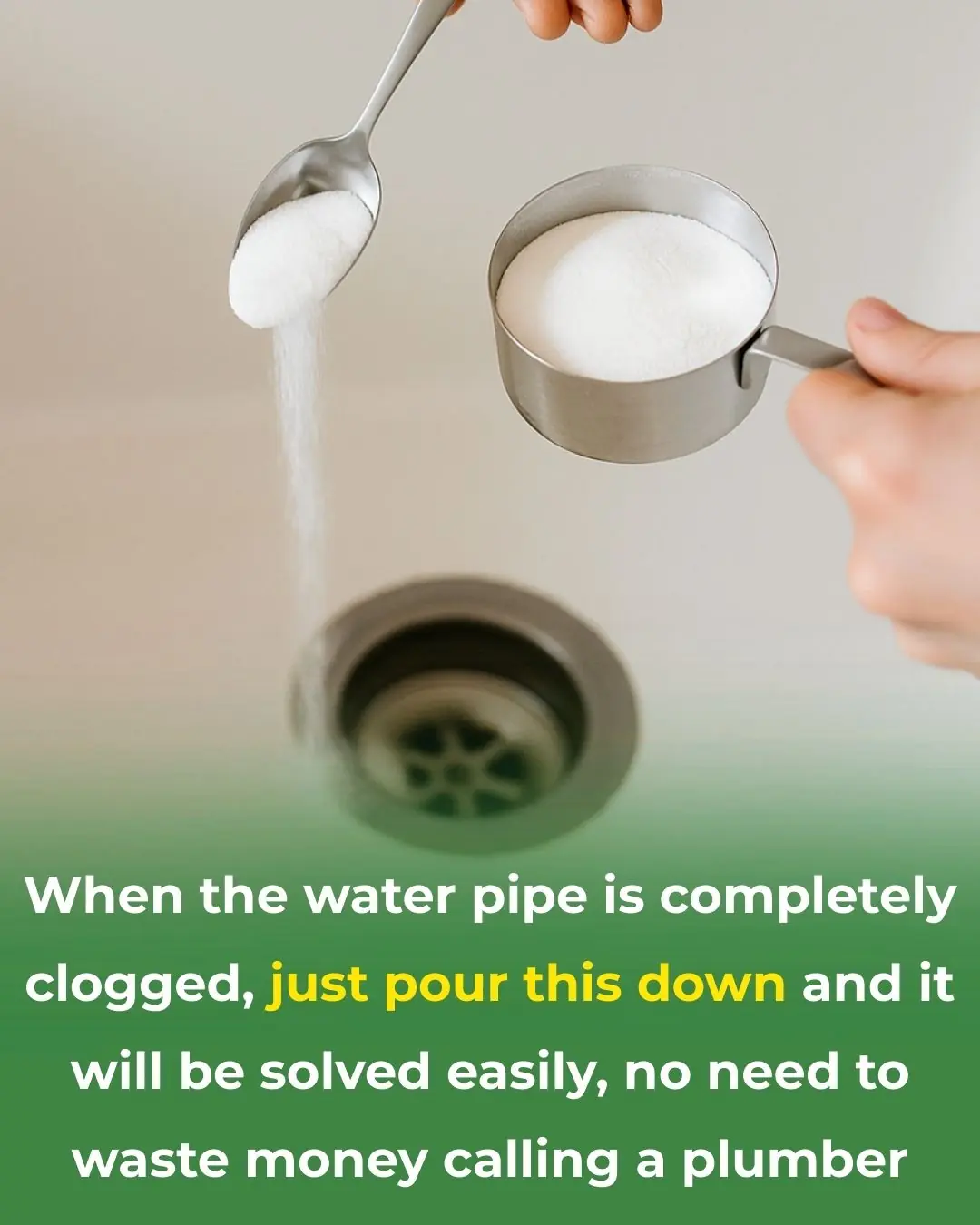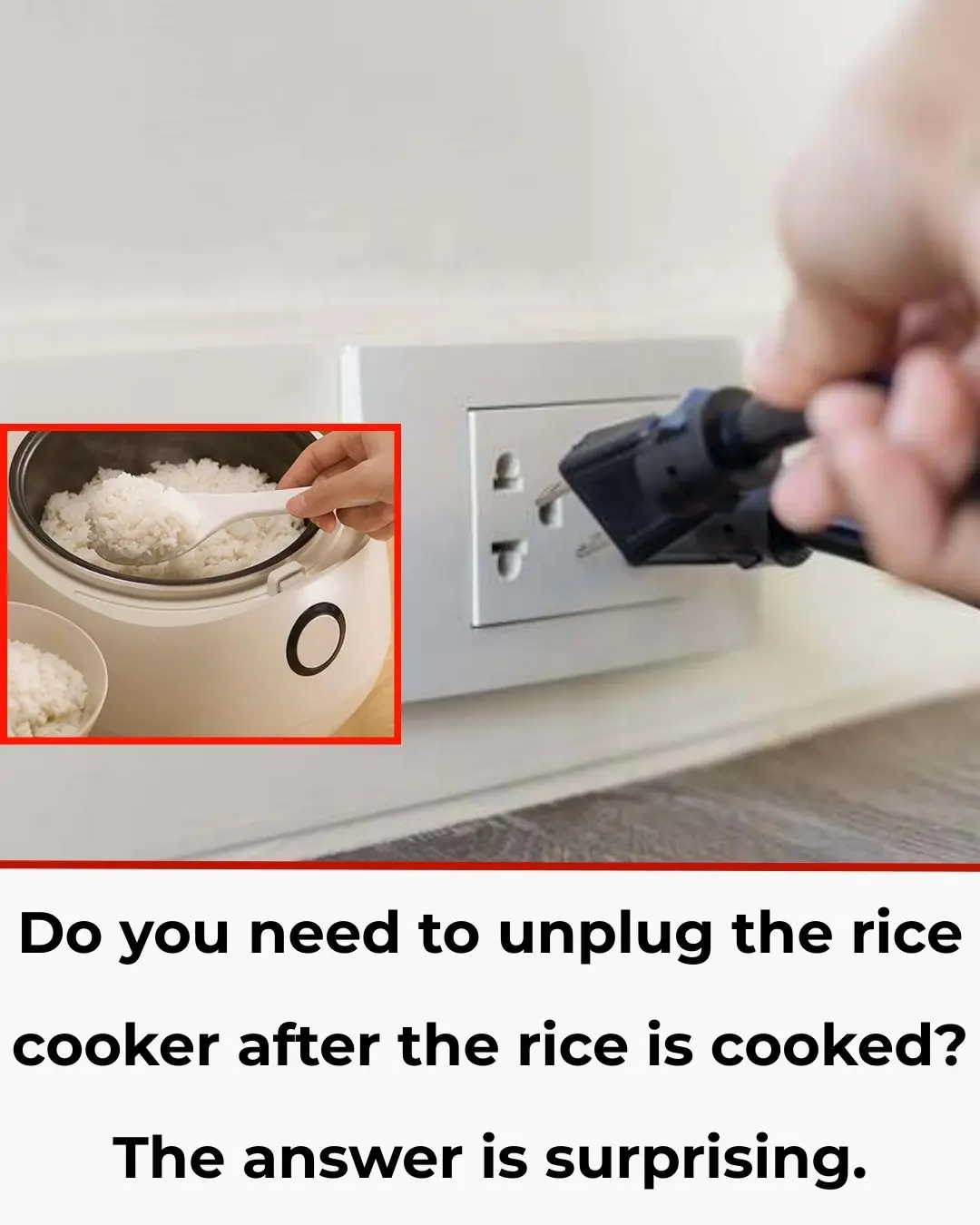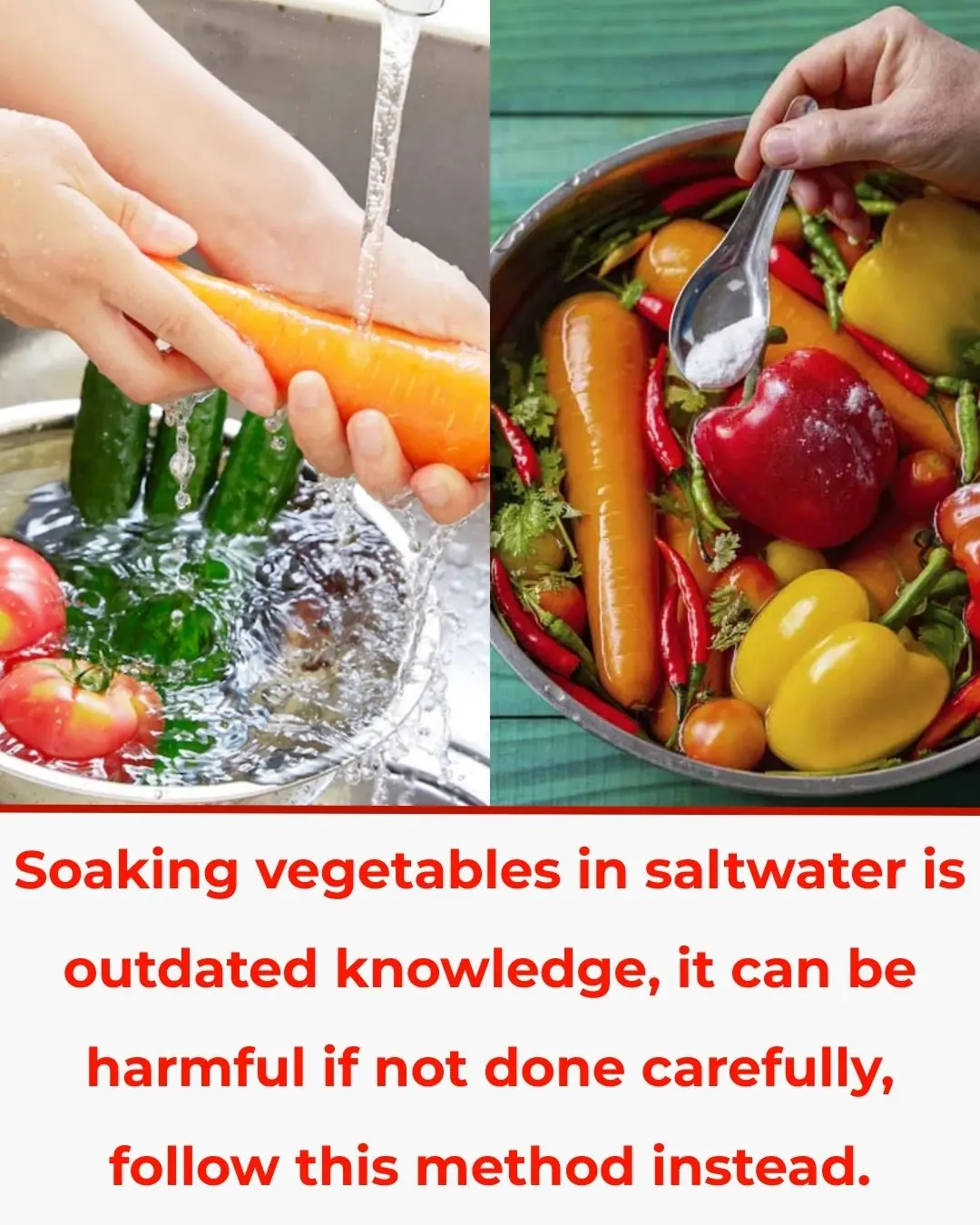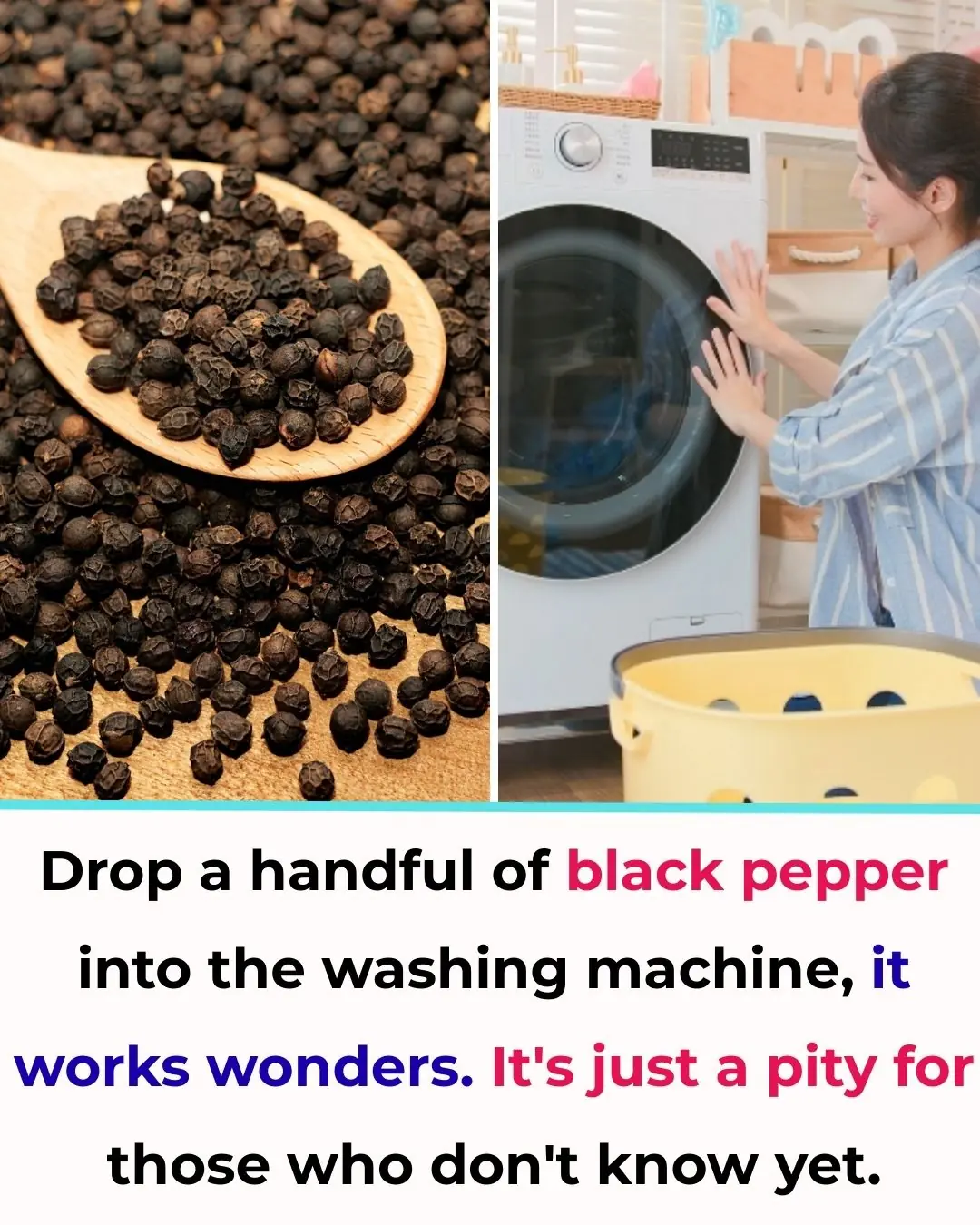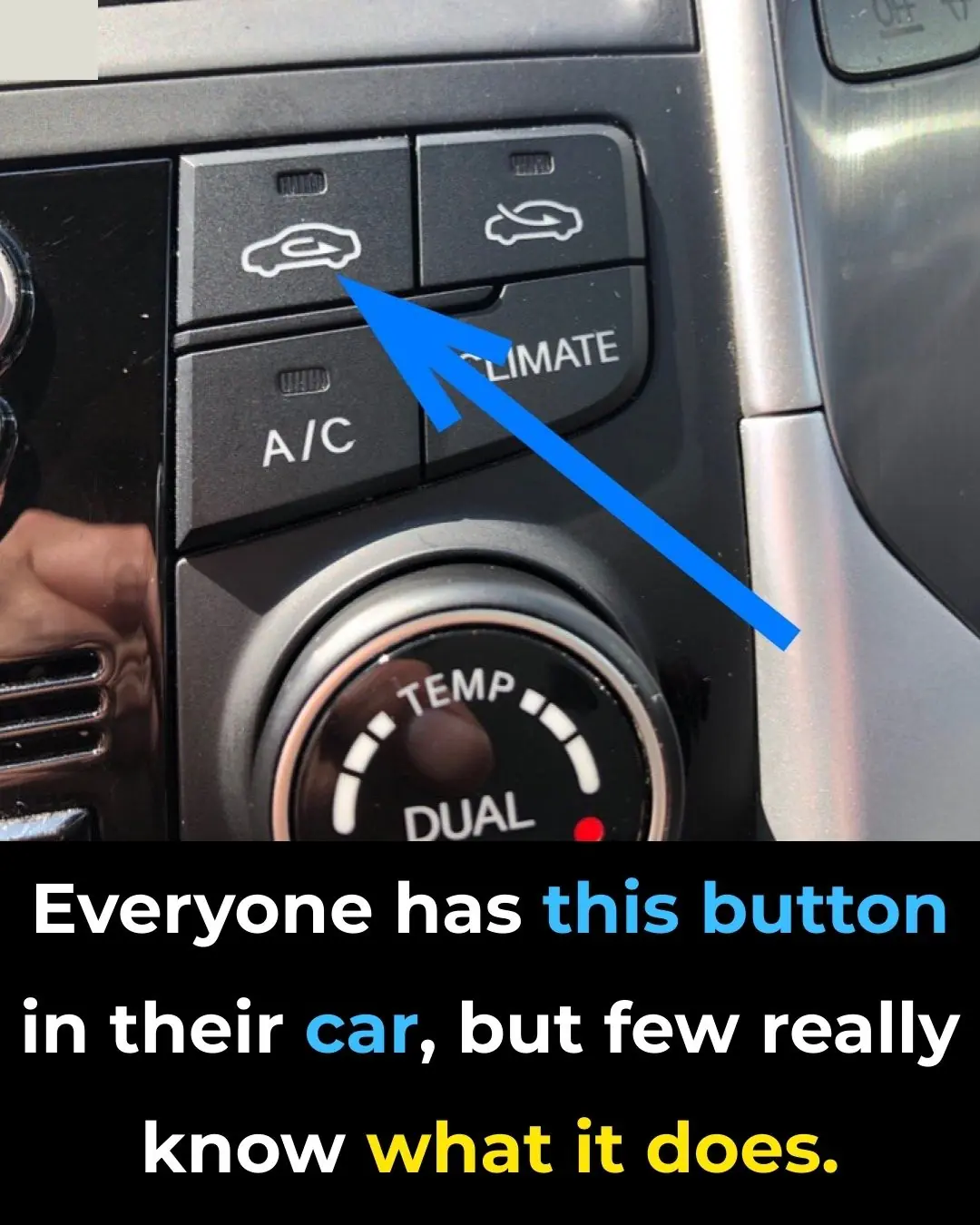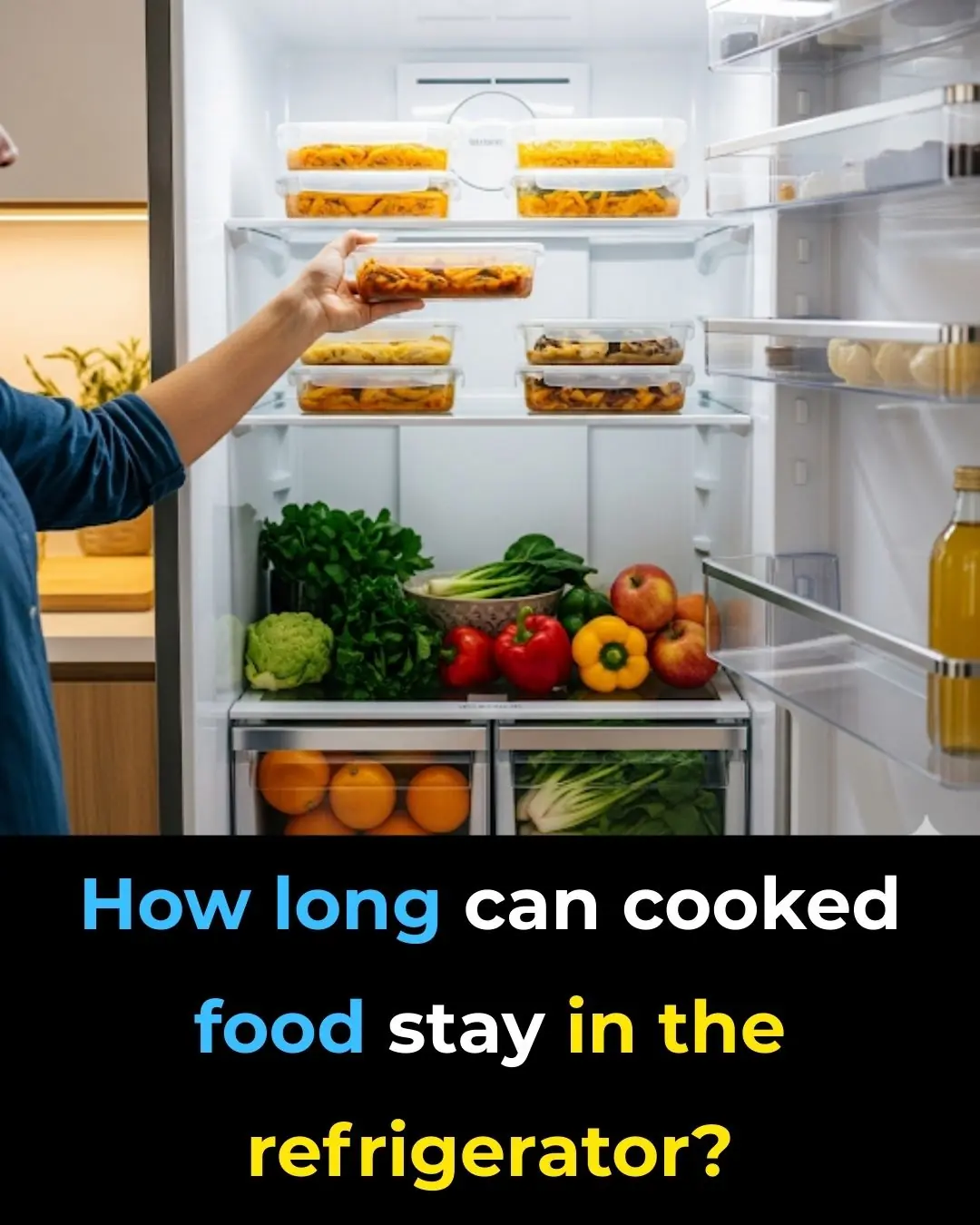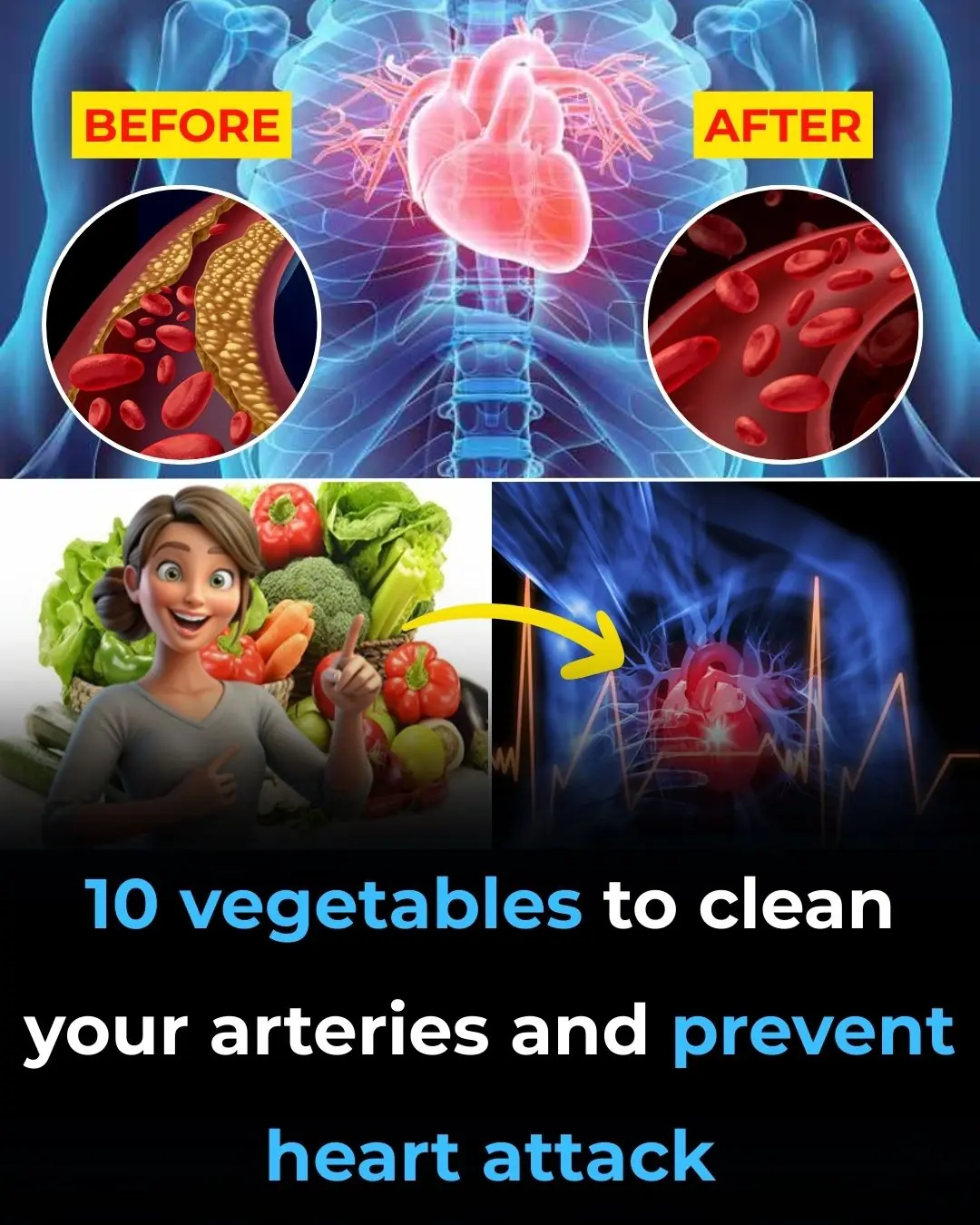Frying is one of the most popular cooking methods, but it comes with its own set of challenges, especially when it comes to splattering oil. The hot oil often causes messy and frustrating splashes, leaving your stovetop dirty and increasing the risk of burns. Additionally, food sticking to the pan can cause uneven cooking and make the cleanup process more time-consuming. But there’s a simple trick that can help eliminate these issues and ensure a smoother frying experience.
The secret ingredient? Salt.
Yes, adding a pinch of salt to the frying pan before heating the oil can significantly reduce oil splattering and prevent food from sticking. Let's explore how and why this works, along with some other tips to make frying a less messy and more enjoyable task.
How Does Salt Prevent Oil Splattering?
When frying, the moisture from the food is released into the hot oil, which can cause the oil to bubble up and splatter. The salt helps in two ways:
-
Absorbs Moisture:
Salt helps to draw out moisture from the food before it even hits the oil. This reduces the amount of steam and water released when the food is placed in the hot oil, which in turn reduces the likelihood of splattering. -
Helps Maintain Even Heat:
When added to the oil, a small amount of salt creates a more even distribution of heat throughout the pan. This prevents uneven temperature spots, which can cause hot spots in the oil that lead to more splattering.
The Simple Trick: Adding Salt to the Oil
Here’s how you can use salt to keep your frying sessions clean and safe:
Step 1: Heat the Pan and Add Salt
Before adding oil to the pan, sprinkle a small pinch of salt (about 1/4 to 1/2 teaspoon) evenly across the bottom of the pan. Heat the pan over medium heat for a minute to allow the salt to settle.
Step 2: Add the Oil
Once the pan is hot, add your oil as you normally would. You will notice that the salt helps prevent the oil from splattering as much as it would otherwise.
Step 3: Fry as Usual
Now, you can place your food in the pan and continue frying. With the salt helping absorb moisture, the oil should splatter less, and the food is less likely to stick to the pan.
Why This Trick Works
Salt’s ability to absorb moisture reduces the chances of oil splattering. When water or moisture comes into contact with hot oil, it rapidly turns to steam, causing the oil to bubble and splatter. By drawing moisture out of the food beforehand, salt reduces the amount of water present, minimizing the risk of splattering.
Moreover, the salt helps to stabilize the temperature of the oil, preventing it from getting too hot in specific areas and causing the oil to spit out. This leads to a more consistent and safer frying process.
Additional Benefits of Using Salt
-
Prevents Sticking:
Salt can help prevent food from sticking to the pan. This is especially helpful when frying delicate foods like fish or eggs. The salt creates a subtle barrier between the pan and the food, which helps it release more easily once it’s cooked. -
Enhances Flavor:
Adding salt to the oil not only improves the frying process but also enhances the flavor of the food. As the food cooks, it absorbs the salt, which can provide a richer, more seasoned taste.
Other Tips to Prevent Oil Splattering and Sticking
In addition to using salt, here are some other helpful tips to keep oil splattering under control and ensure your food doesn’t stick to the pan:
1. Use the Right Type of Oil:
Some oils have higher smoke points than others, which means they can withstand higher heat without breaking down. Use oils with high smoke points like vegetable oil, canola oil, or sunflower oil for frying. This helps reduce the risk of splattering caused by overheating the oil.
2. Pat Food Dry Before Frying:
Before frying, make sure to pat your food dry with paper towels to remove excess moisture. This helps reduce the amount of water that enters the oil, minimizing splattering.
3. Use a Splatter Guard:
A splatter guard or lid can be placed over the pan to protect your stovetop from oil splashes. It also helps trap heat, ensuring your food cooks more evenly.
4. Don’t Overcrowd the Pan:
Overcrowding the pan with too much food at once can cause the oil to overflow, leading to more splattering. Fry in batches to give the food enough space to cook properly.
5. Maintain the Right Temperature:
Use a thermometer to keep the oil at the correct temperature. Too hot, and it will splatter; too cold, and your food will absorb too much oil and become greasy.
Conclusion
Frying doesn’t have to be a messy and hazardous task. By adding a pinch of salt to the pan before heating the oil, you can significantly reduce oil splattering and prevent food from sticking. This simple trick helps maintain a cleaner cooking environment, ensures your food cooks more evenly, and even enhances its flavor. Along with other helpful tips, like using the right oil and not overcrowding the pan, you can make your frying sessions much more efficient and enjoyable. Happy cooking!


